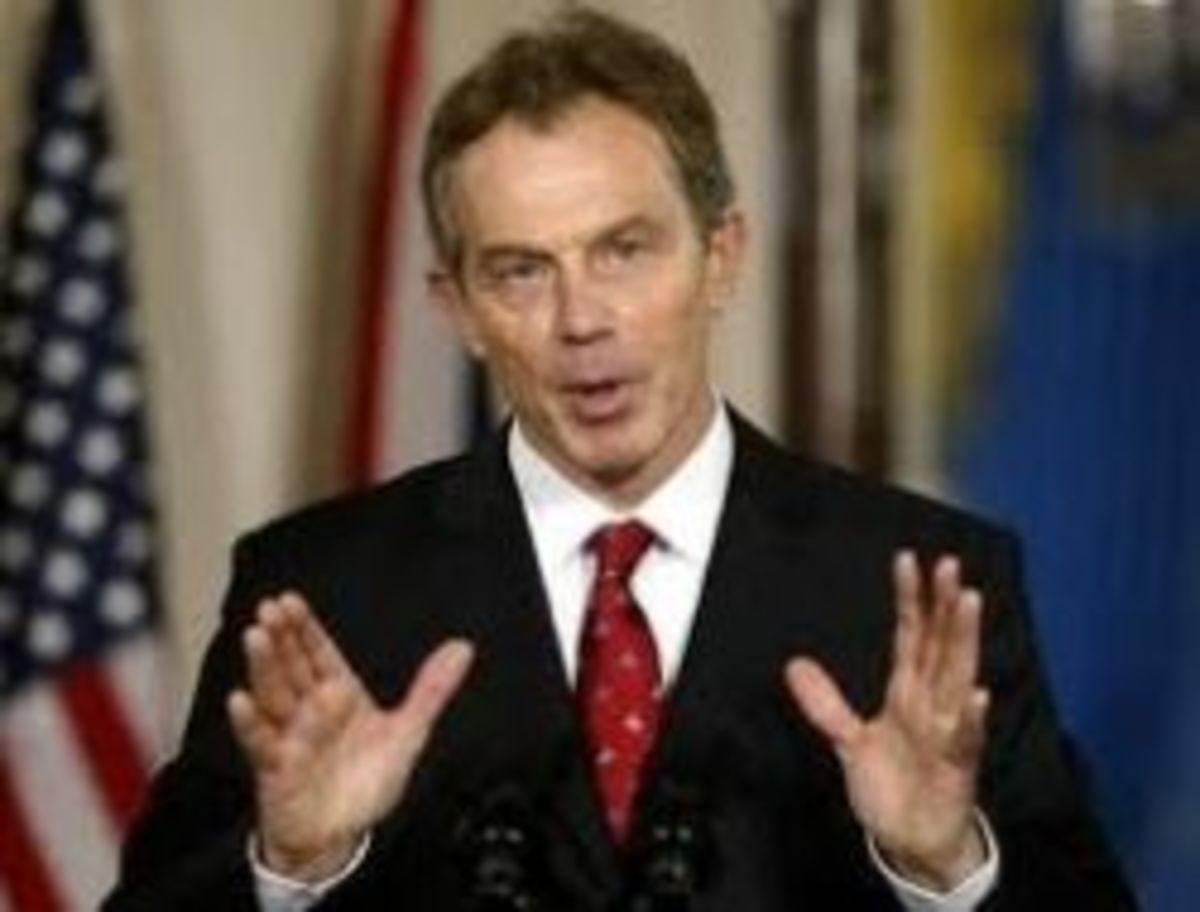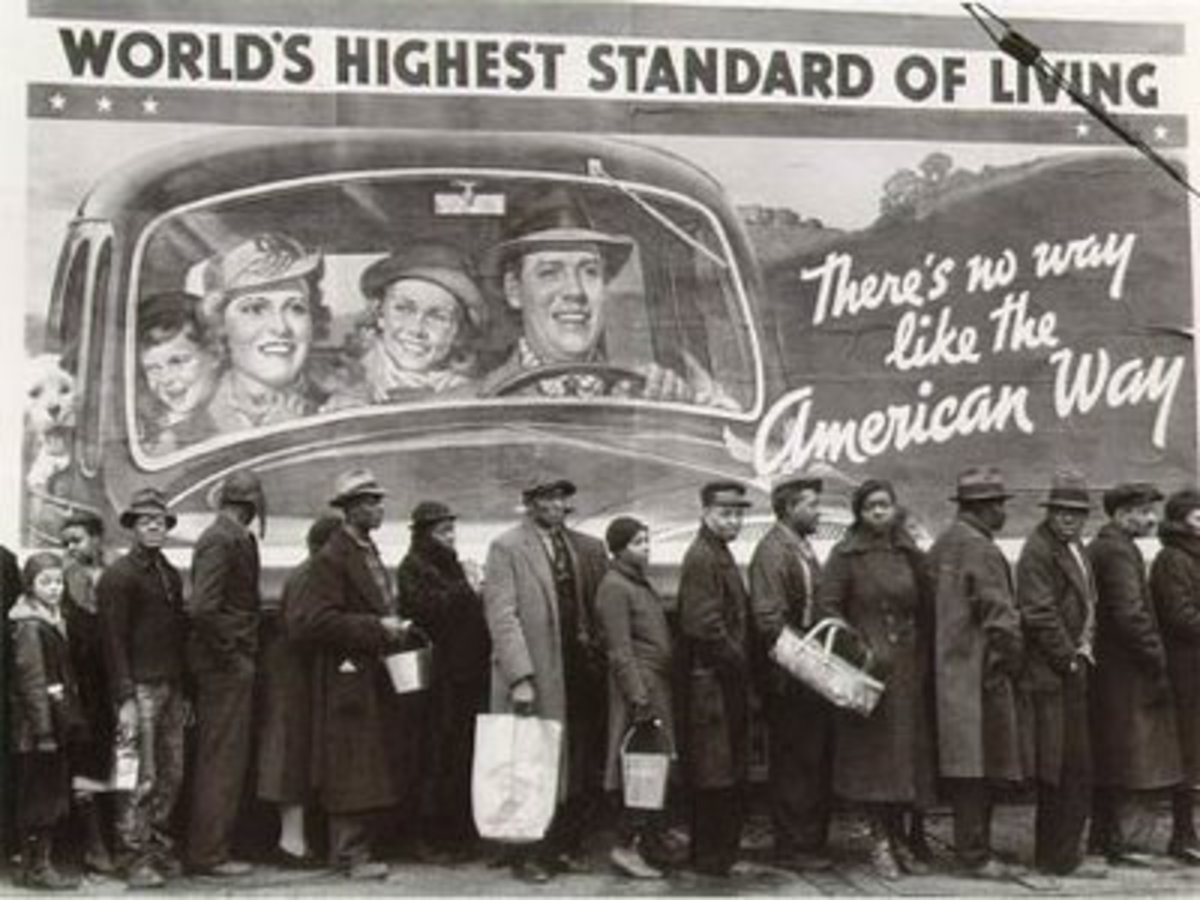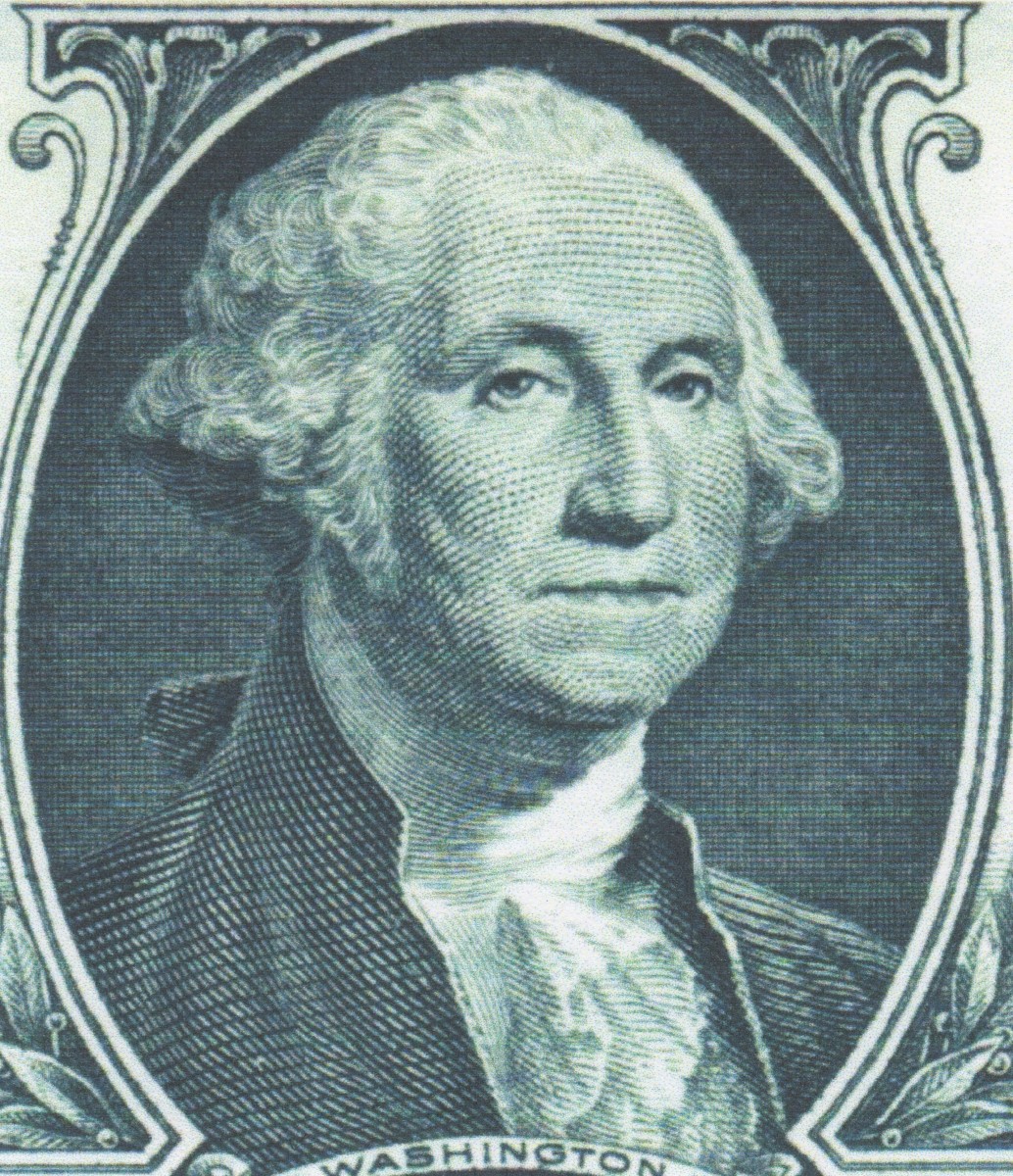Chinese Economy, China Currency, Exchange Rates, and the US Debt - Can China Threaten America's Economy?
Chinese Government Holds Billions Dollars of US Tresuries
China can destroy the US economy thanks to its huge holdings of US debt. At least, that is what the headlines scream in their giant, bold fonts. Is it true?
It isn't an academic question. The personal finances of many Americans depend on the answer.
The answer to the question about what implications China's large holdings of US Treasuries mean for the American economy, it is necessary to have a little background in how world currency works, how economies rise and fall, and how national governments play in the game of foreign exchange rates in order to prop up economic factors, or to cool off an overheating, inflationary economy.
Why China Holds Billions of Dollars of US Treasury Debt
The first thing to understand is exactly why the Chinese government owns so much US debt in the form of US Treasuries, and US Treasury Bonds. Both countries would like the people to believe that China buys so many US Treasury securities, because they are a great investment. In fact, they might go so far as to say that it is because US Treasuries are the safest investment in the world. That IS partly true, but it isn't necessarily what is going on here.
The truth about the Chinese government and its US debt holdings is that China doesn't really have too much of a choice. They could certainly make small changes here and there, and as a percentage, such changes would rattle markets around the world, at least in the short-term. But, beyond such measures, China has little choice other than to scoop up billions of US Treasuries at whatever price is available.
Chinese Currency - China Money, the Yuan, and Rigged (Fixed) Exchange Rate
The Chinese government pegs the Chinese currency, known as the Yuan, to a fixed amount of U.S. Dollars. In other words, unlike every other major currency in the world, China's money does not trade on an open exchange where supply and demand set the exchange rate. Rather, the Chinese government, cheats (for lack of a better word) in order to prop up the Chinese economy by pretending that its money is always worth the same thing.
In order to maintain the illusion of economic growth China is so proud of, it must manipulate the world currency markets by not participating. This means that all over the world, no one, from central banks, to world citizens, to investors and banks want China's money at all.
Such a situation would eventually cause the collapse of the Chinese economy and end its ability to trade with the rest of the world. To prevent this from happening, the Chinese must do two things.
First, it must prevent Chinese citizens from using their money abroad, which it does by restricting travel, and what savings vehicles are legal for China residents to use. Needless to say, all of the legal savings methods are tightly controlled by the Chinese government. Doing this allows China to use its own citizen's money to help prop up its phony currency exchange rate.
The second thing that China must do to prevent the collapse of its trade-based economy is that it must continually pump foreign money out of its economy by investing in "real" currencies.

China's US Debt Ownership Threat to Economy?
An example is the best way to fully grasp the concept of how China's fixed currency rate exchange setting affects both China and its foreign trade partners.
Imagine a U.S. based international company. We'll call it XYZ SuperCorp. XYZ SuperCorp sells products and services around the world. However, like many companies, its biggest business is in the largest economy in the world, The United States of America.
XYZ SuperCorp makes tons of profits by buying cheap China factory goods and selling them at low prices in America. In order to do so, it must pay for the products that are manufactured in China. In other countries, XYZ SuperCorp might pay in either the local currency or US currency. But, since no one wants to own Yuan due to China's interference with its value, XYZ SuperCorp simply pays in US Dollars, or if forced, Yuan that is converted moments before paying at the fixed exchange rate.
Of the course of a year, numerous orders might add up to a hundred million dollars. All of those dollars flow into China which now has one hundred million dollars that it can't do anything with. The citizens, and the factories, are only allowed to keep token amounts of foreign currencies. Thanks to its exchange rate subsidized economy's low labor and production costs, and policies that tightly control imports, much less money flows out of China from its companies and citizens buying stuff from foreign countries than flows into it.
The Chinese government is trapped. It can either take its own below-market exchange rate for all those dollars, or it keep them as "reserves." Of course, just putting a bunch of dollars under the central bank equivalent of the mattress is foolish. At minimum, some interest should be earned on that money.
At the volumes required, there is only one option, and that is the currencies and debts of other nations. Realistically, there are few economies that could absorb the amounts the Chinese central banks must invest for very long, other than the US economy. After just months for some countries, and maybe as long as a year for larger economies, the Chinese investments would continuously drive up the cost of those investments (too much demand). Eventually, the government would have to make a choice, pay a premium to not invest in the U.S. or start investing in US debt again.








